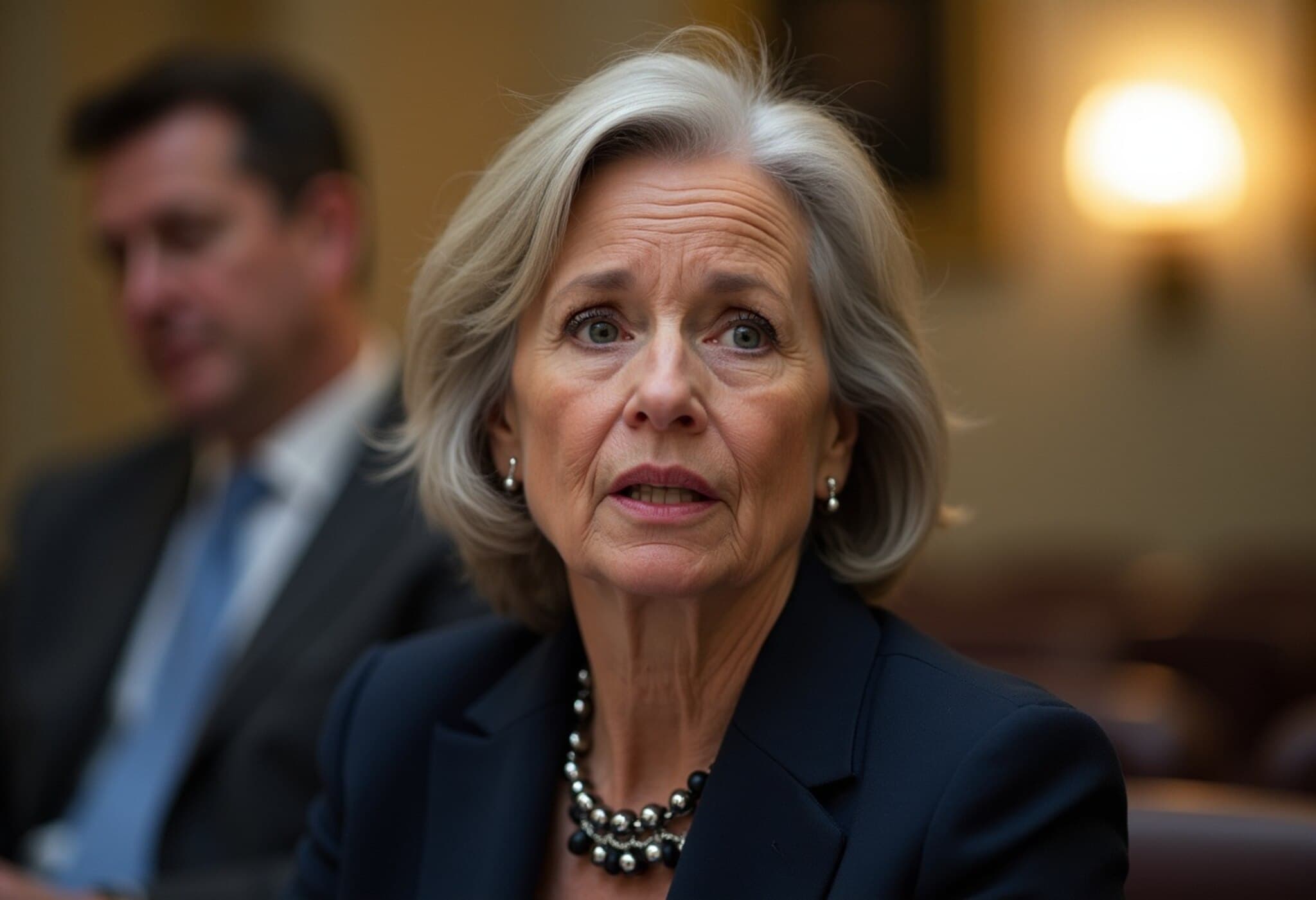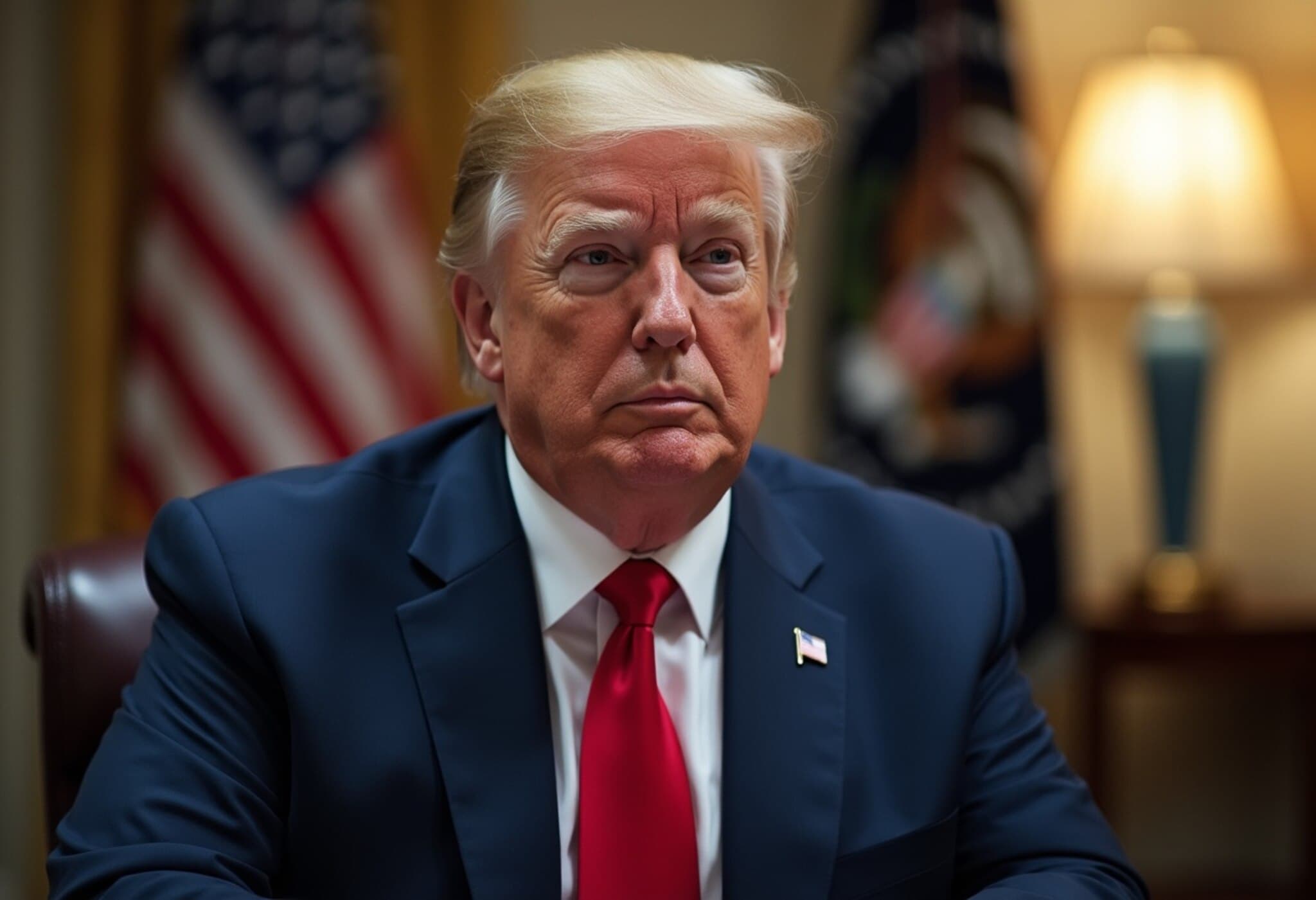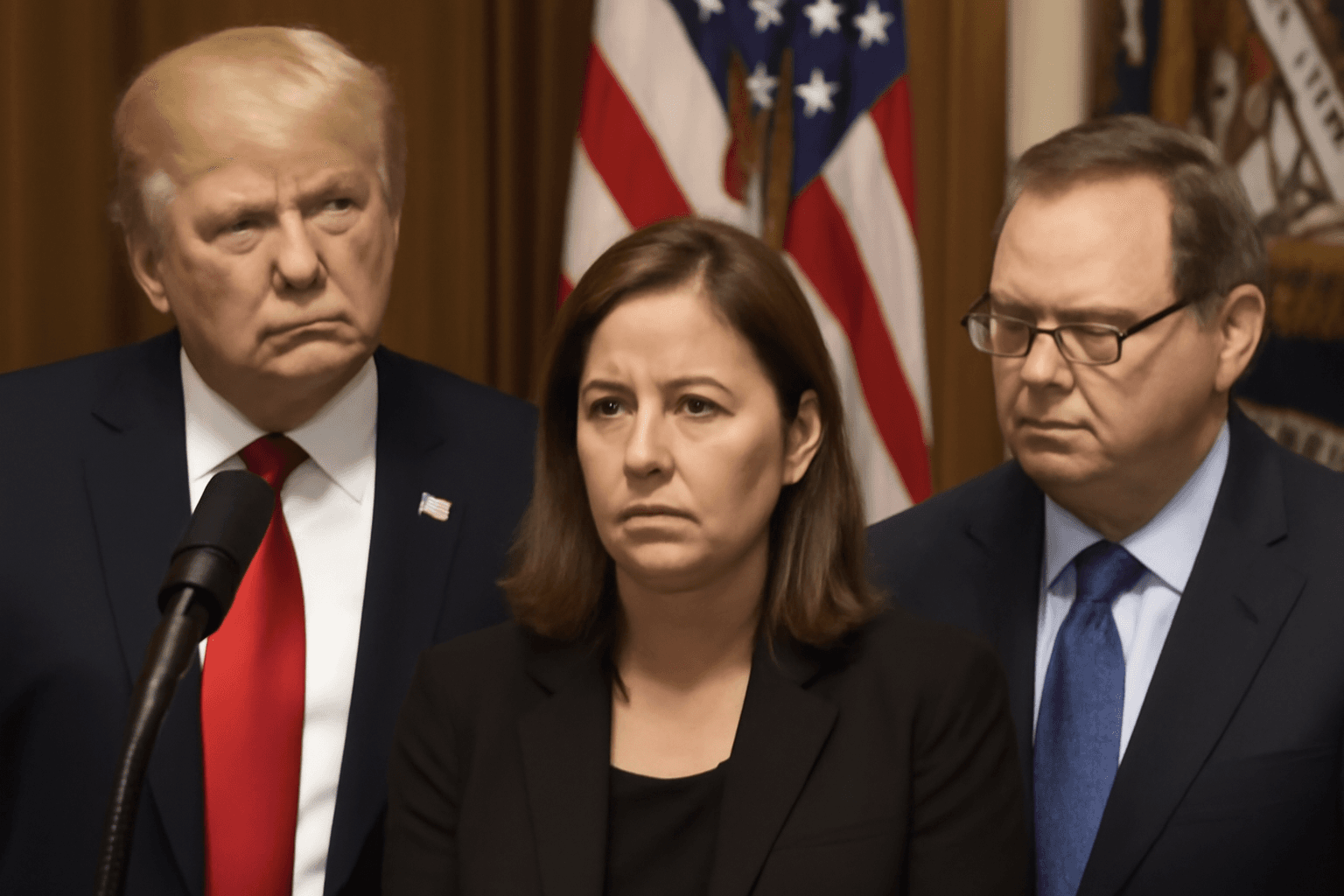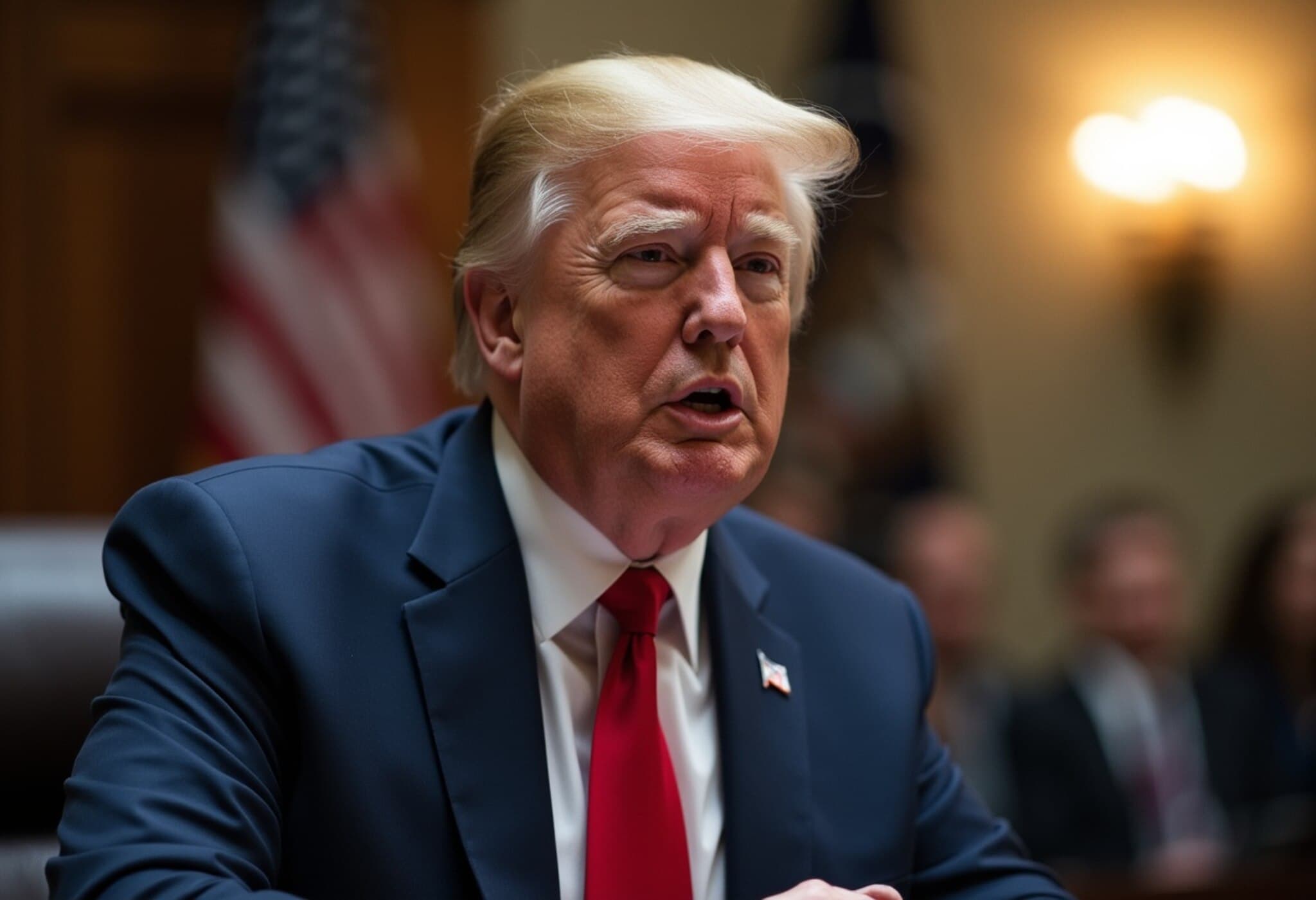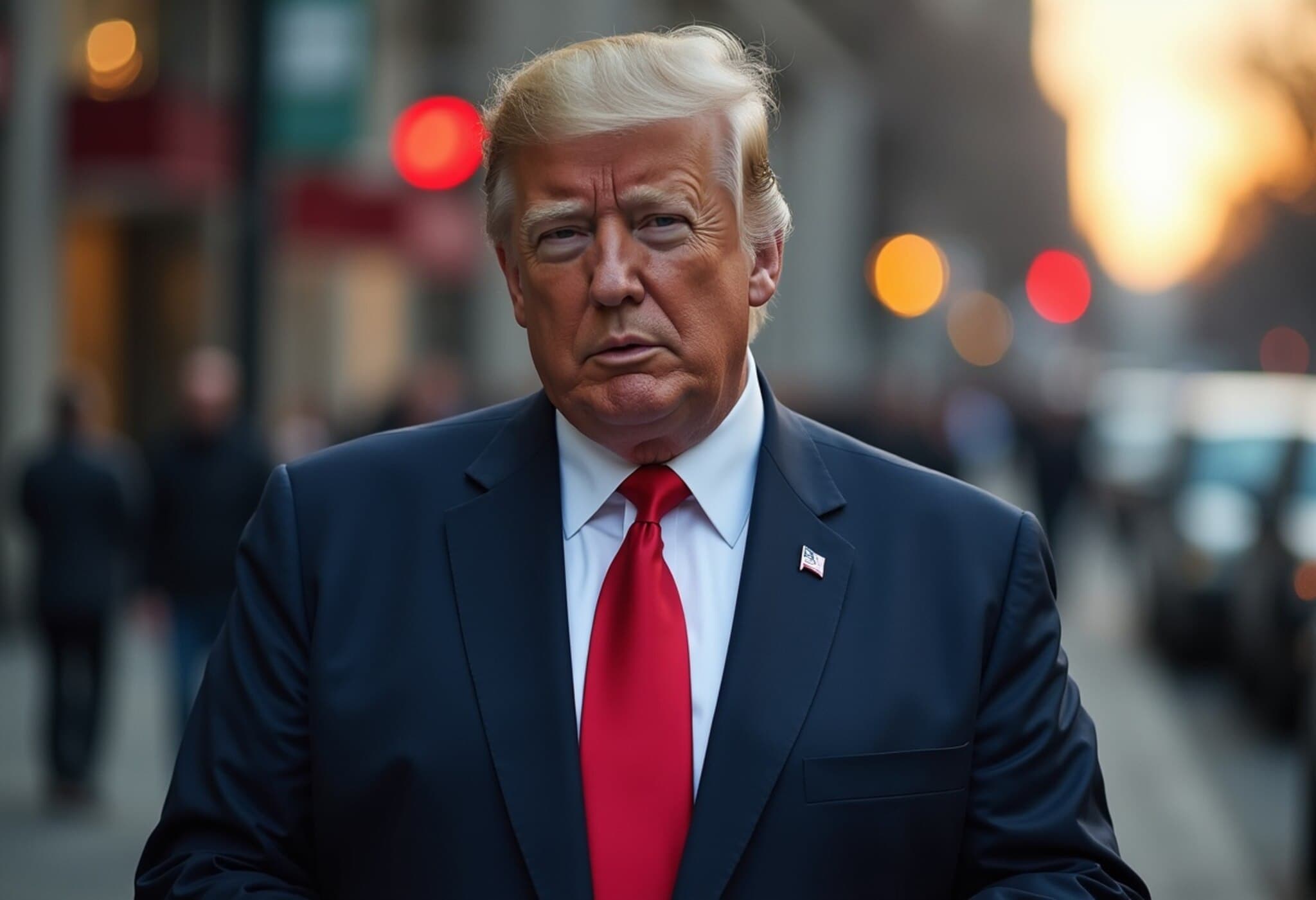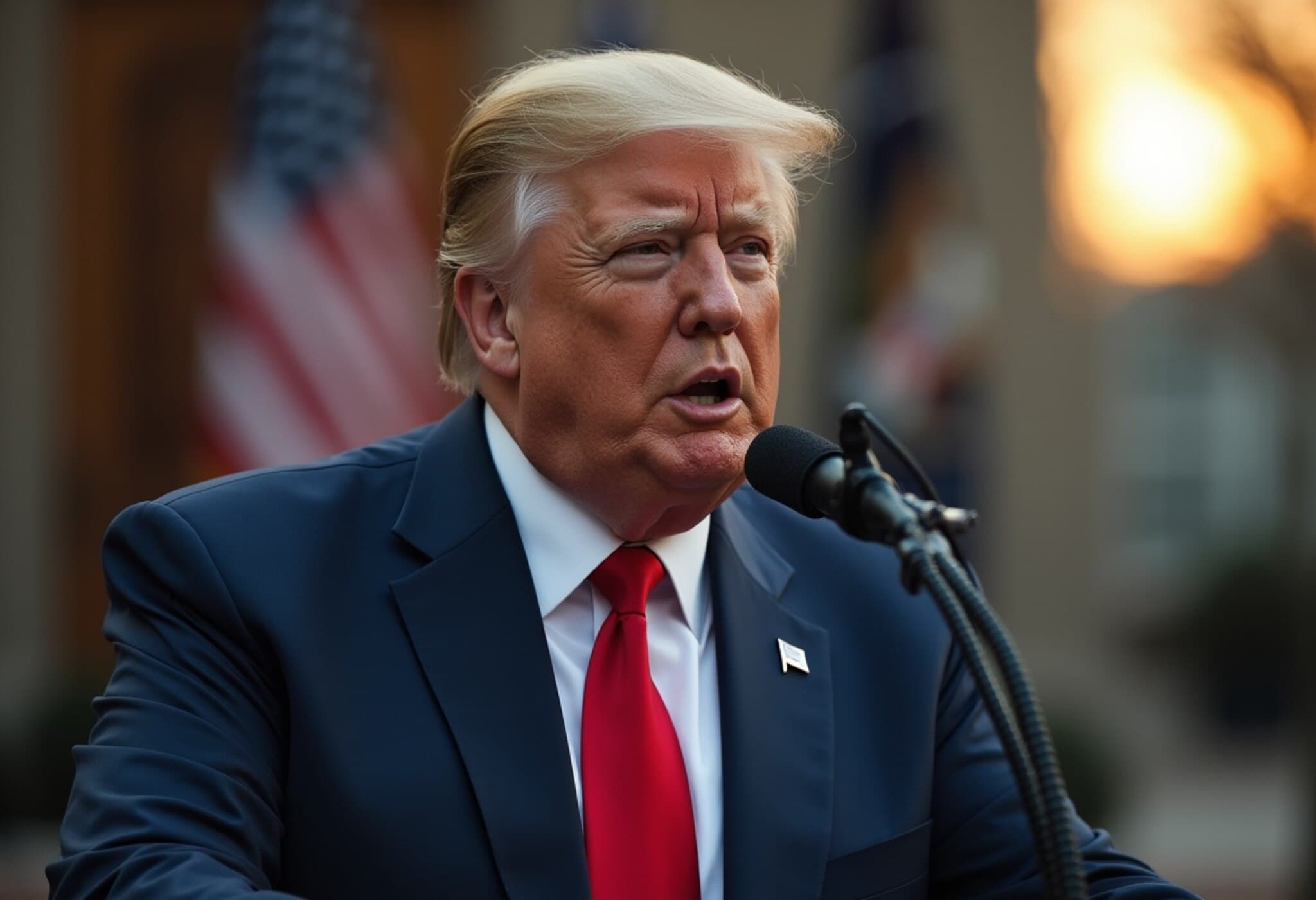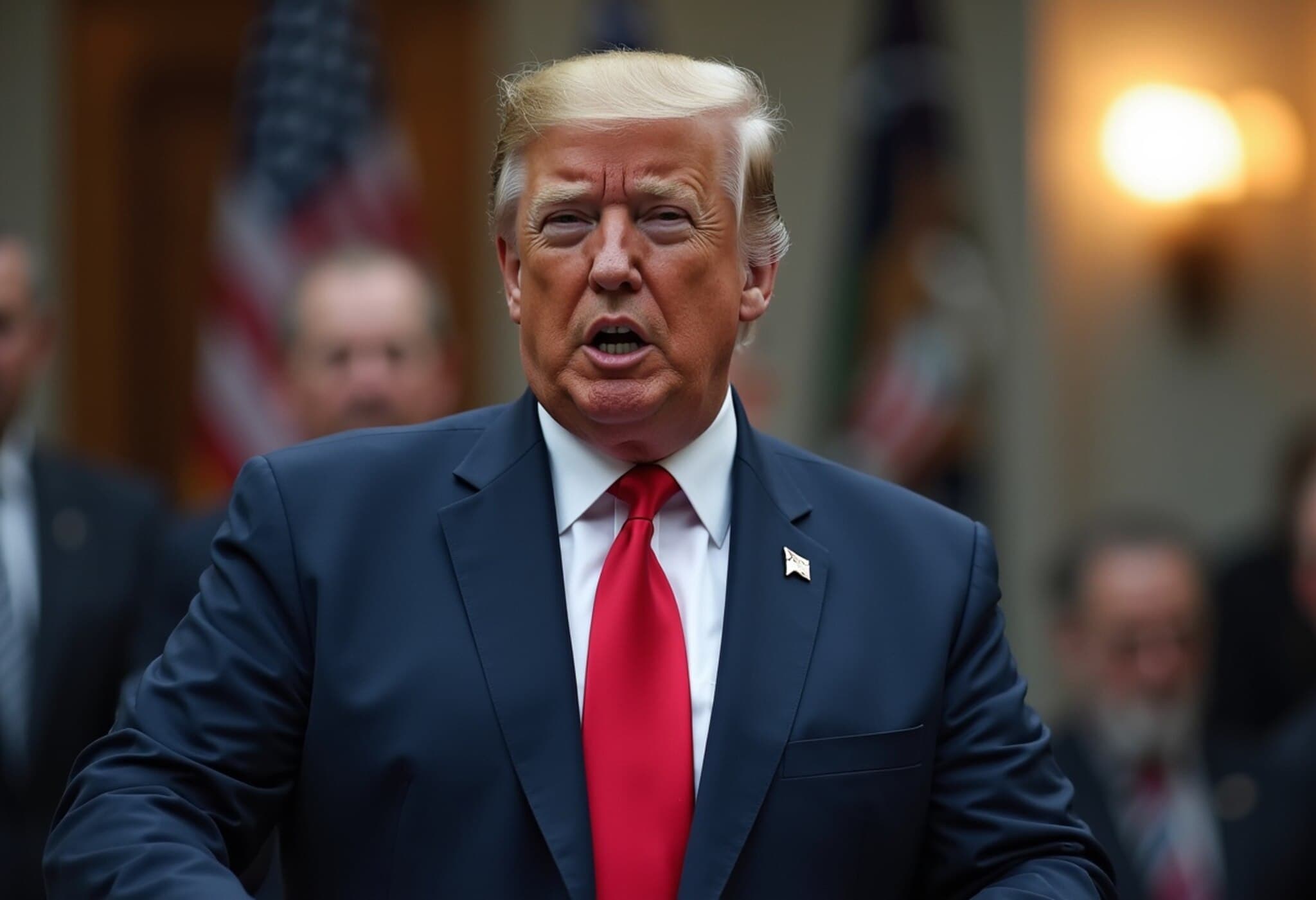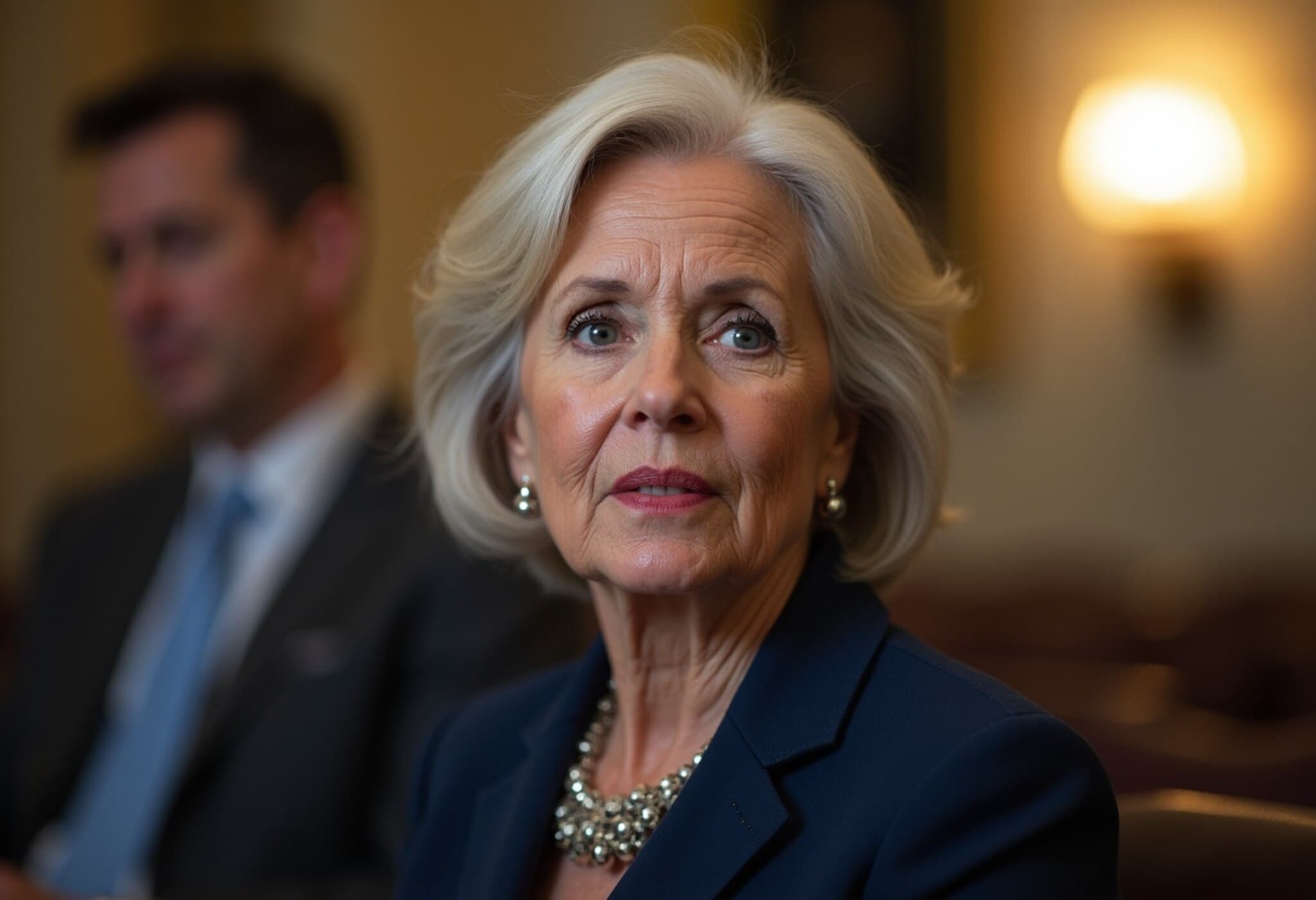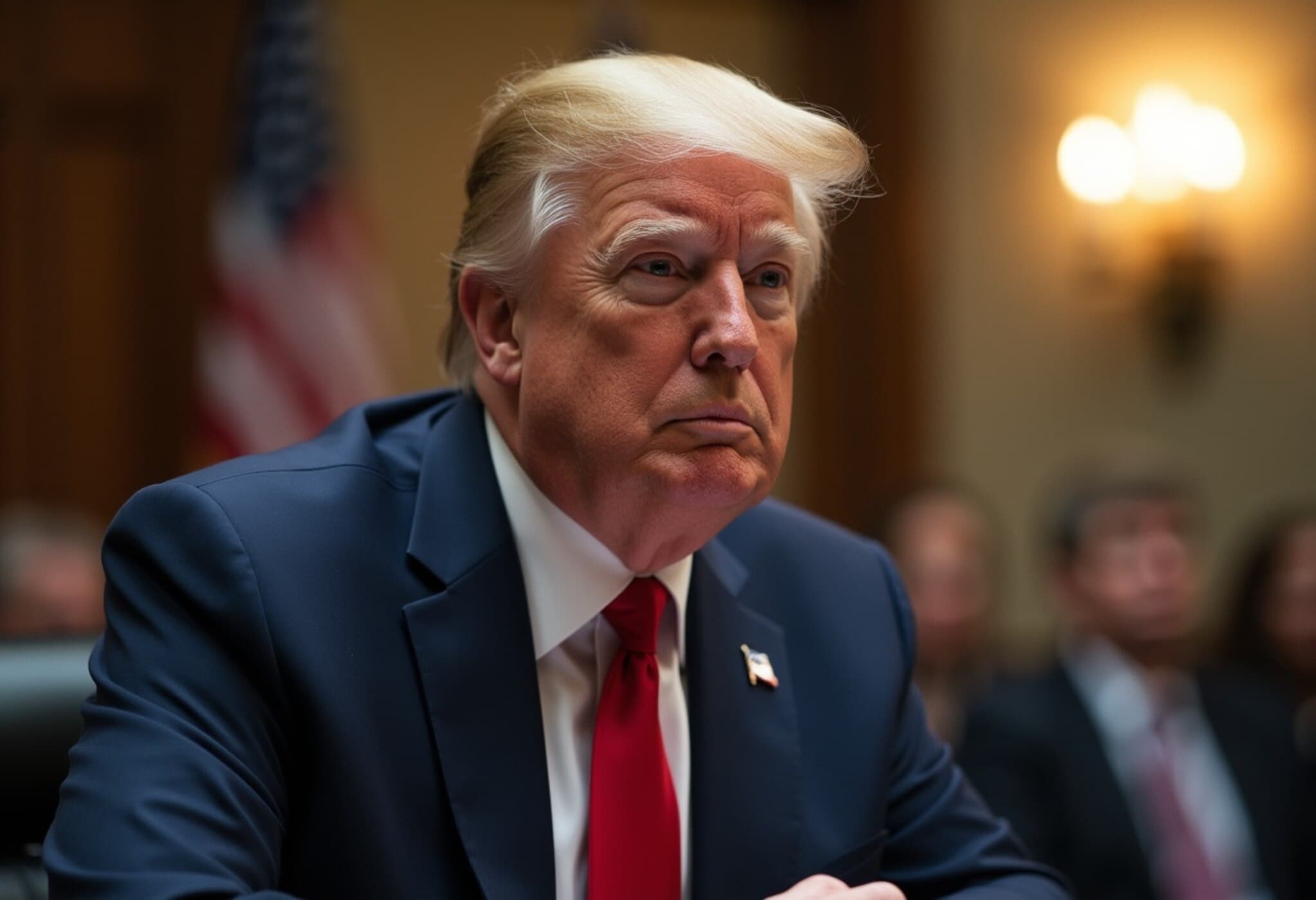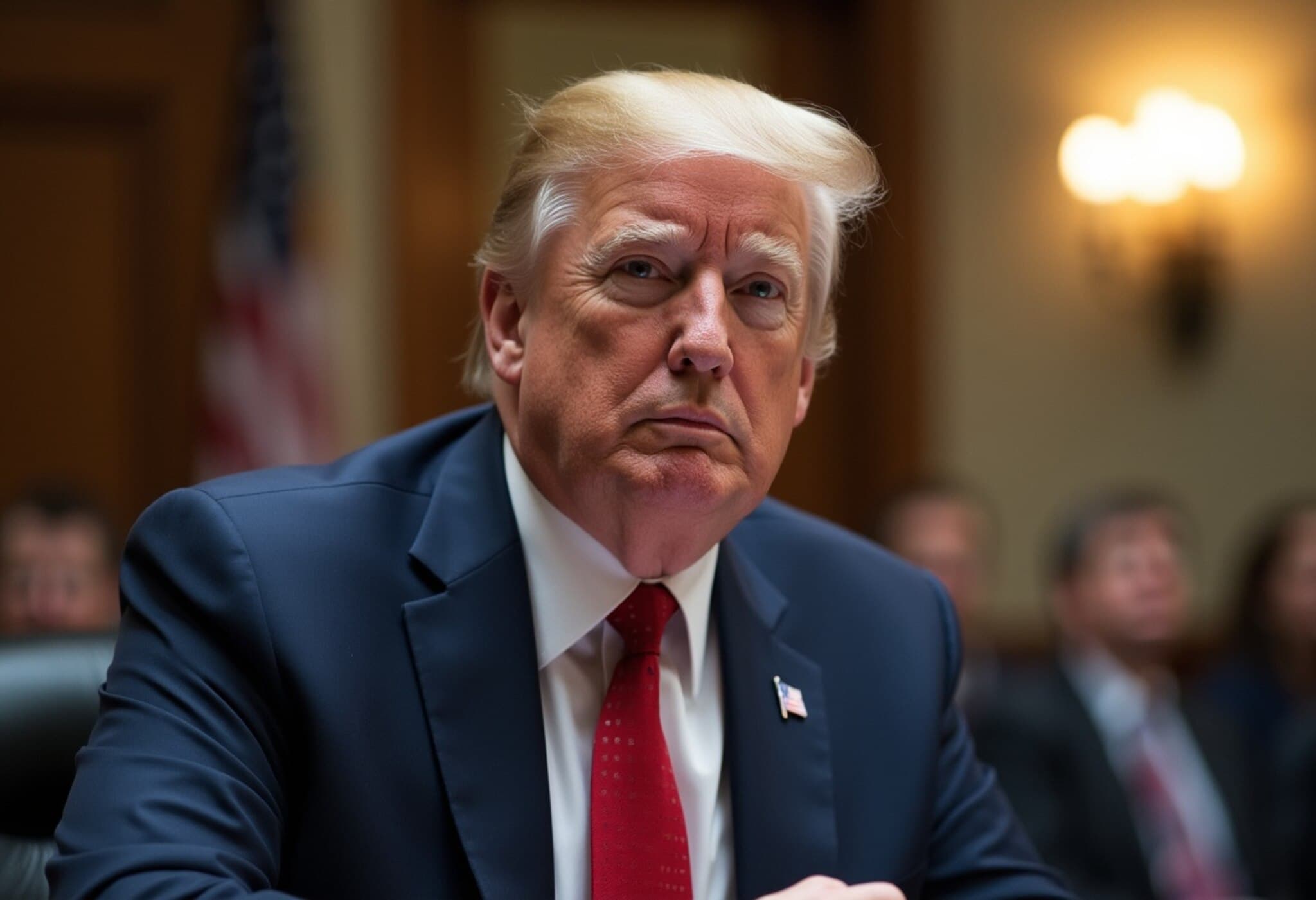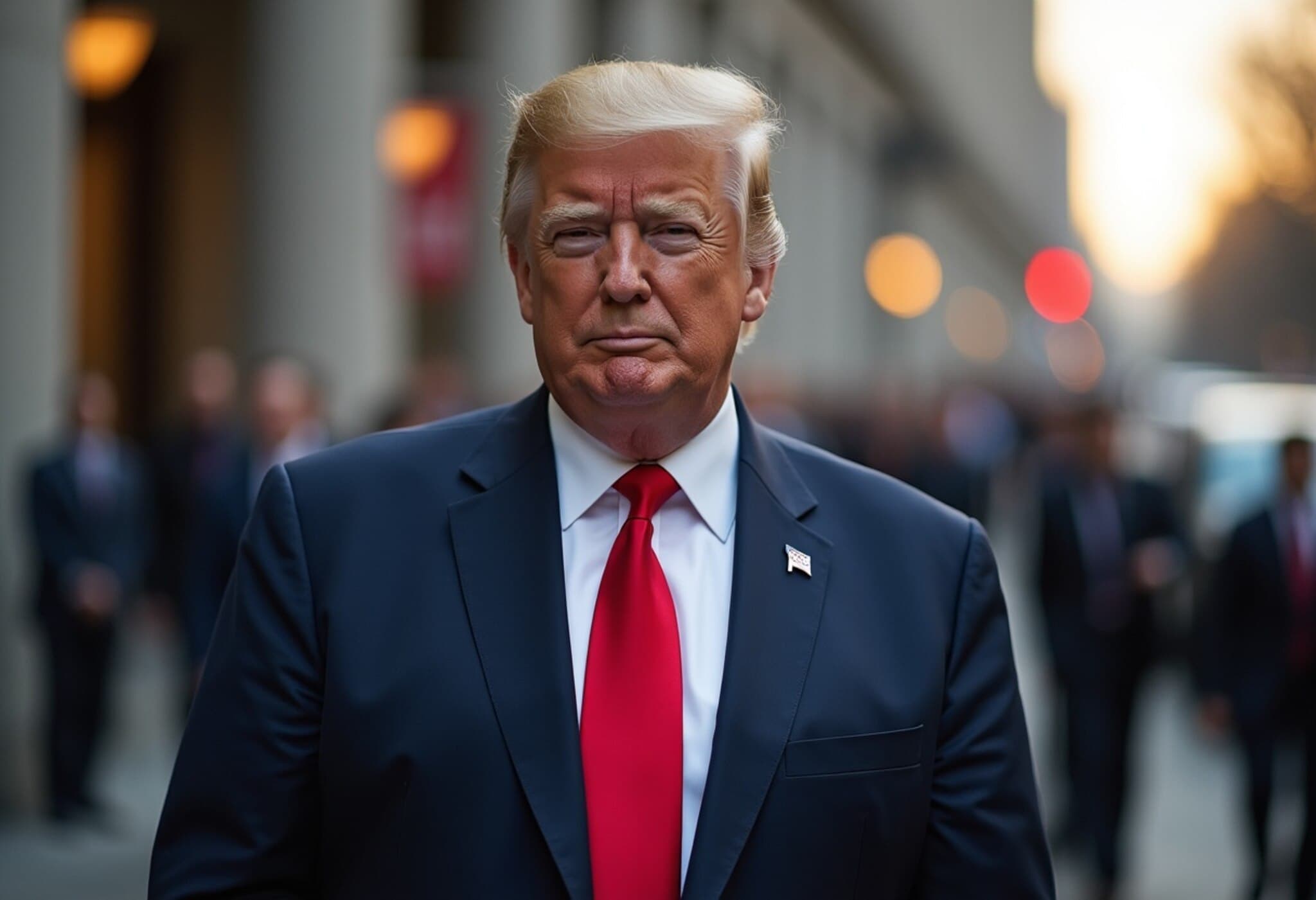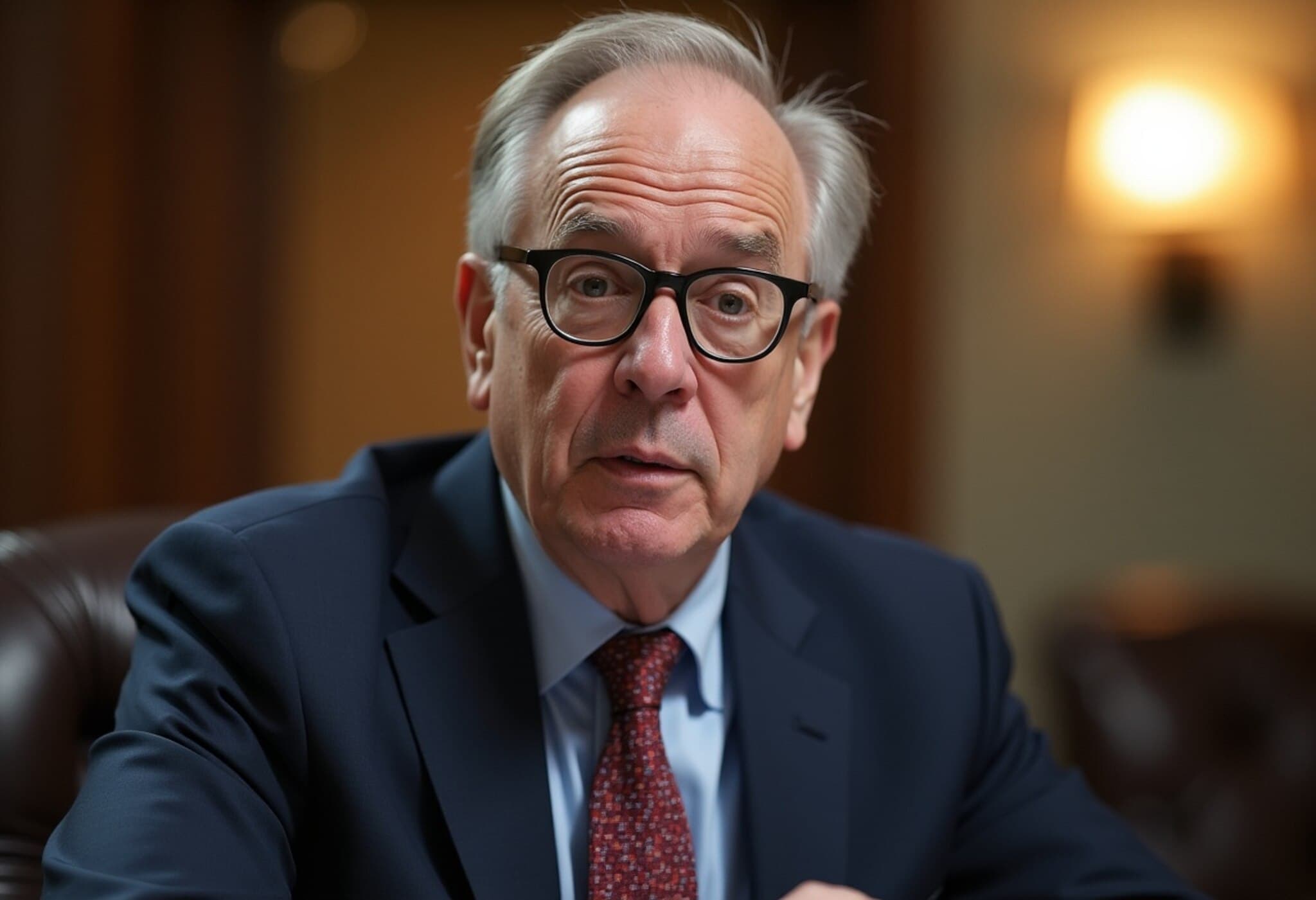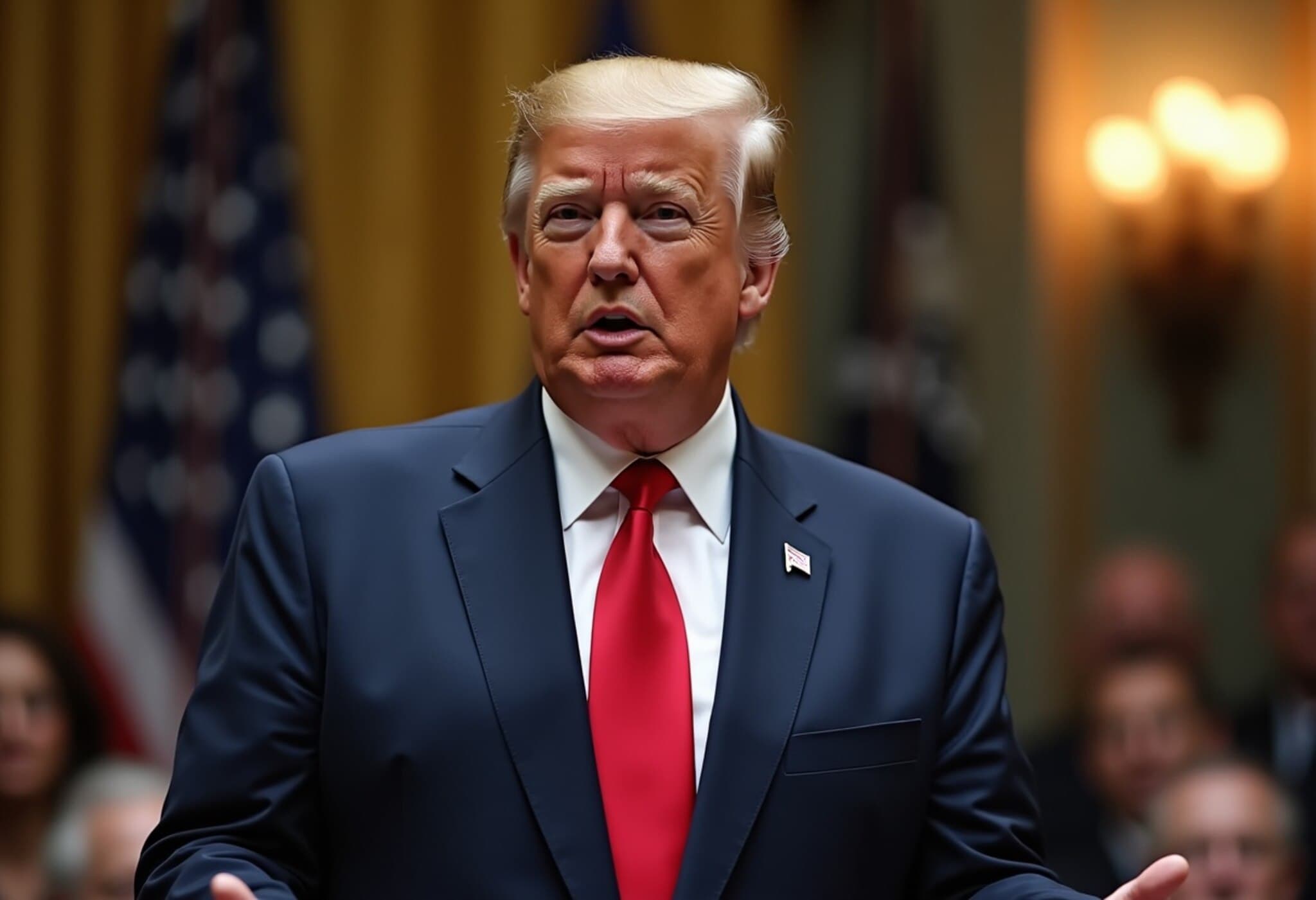US Federal Reserve Governor Lisa Cook Takes Legal Action Against Trump's Removal Attempt
On August 29, 2025, Lisa Cook, a sitting governor of the US Federal Reserve, filed a lawsuit challenging former President Donald Trump’s recent move to remove her from her position. The lawsuit marks an unprecedented clash over the independence of the Federal Reserve, an institution foundational to America’s financial stability.
Background: The Controversy Over Fed Independence
President Trump announced his decision publicly via his social media platform, Truth Social, on Monday evening, citing allegations that Cook made false statements regarding her mortgage agreements. Specifically, Trump accused Cook of claiming two primary residences in different states—a serious charge if true—but which occurred before her tenure at the Fed. However, Cook denies any wrongdoing and insists the firing is illegal.
Legal documents filed by Cook’s team stress that if Trump’s removal attempt were allowed, it would be the first of its kind in the Board’s history. Under federal law, Federal Reserve governors can only be removed for cause, such as malfeasance or dereliction of duty, a standard designed to protect the institution’s independence from political interference.
Why This Lawsuit Matters: The Stakes for America’s Economy
The Federal Reserve’s independence is critical because it allows economic decisions—like setting interest rates—to be made based on data and economic realities rather than political pressures. Since Trump has repeatedly criticized the Fed’s rate hikes as too slow and damaging, his attempt to remove Cook could be viewed as an effort to sway monetary policy.
By seeking a temporary restraining order, Cook aims to halt any removal actions until the court can decide on the legality of Trump’s dismissal, with a hearing slated for Friday morning. This court showdown could redefine the limits of presidential authority over independent federal agencies.
White House Response and Political Backdrop
White House spokesperson Kush Desai defended the attempt to remove Cook, citing credible accusations of dishonesty in financial documents related to the mortgage claims. Press Secretary Karoline Leavitt added that the president was shown mortgage receipts to substantiate the allegations.
Still, analysts argue these claims concern pre-tenure matters and that Cook has not faced criminal charges. The timing and nature of the dismissal have escalated concerns among economists and legal experts about preserving the Fed’s autonomy, especially amid ongoing economic volatility and inflation management efforts.
Broader Implications for Executive Power and the Fed
This legal battle comes amid President Trump’s broader campaign to consolidate executive influence over independent governmental boards. Although the Supreme Court recently upheld presidential power to remove members of certain independent agencies, it explicitly carved out protections for the Federal Reserve governors.
The Fed remains a uniquely insulated entity by design to prevent short-term political pressures from undermining long-term economic health, a balance that Cook’s lawsuit is now forcing the courts to reconsider in the context of this controversial removal attempt.
Key Takeaways
- Federal law restricts removal of Fed governors to causes such as malfeasance.
- Trump’s firing attempt marks a stark challenge to traditional Fed independence.
- The lawsuit seeks to preserve the nonpartisan nature of US monetary policy.
- A court ruling could set lasting precedents on executive power limits.
Editor’s Note
This unfolding lawsuit highlights not just a personal dispute but a critical institutional struggle over the Federal Reserve’s role in safeguarding the US economy from political tides—especially in election years. It raises essential questions about how far executive authority should extend in influencing monetary policy and the legal boundaries protecting federal independence. As the hearing approaches, market watchers, policymakers, and citizens alike should monitor the proceedings closely, given their potential to reshape the balance of power at the heart of America’s economic system.

